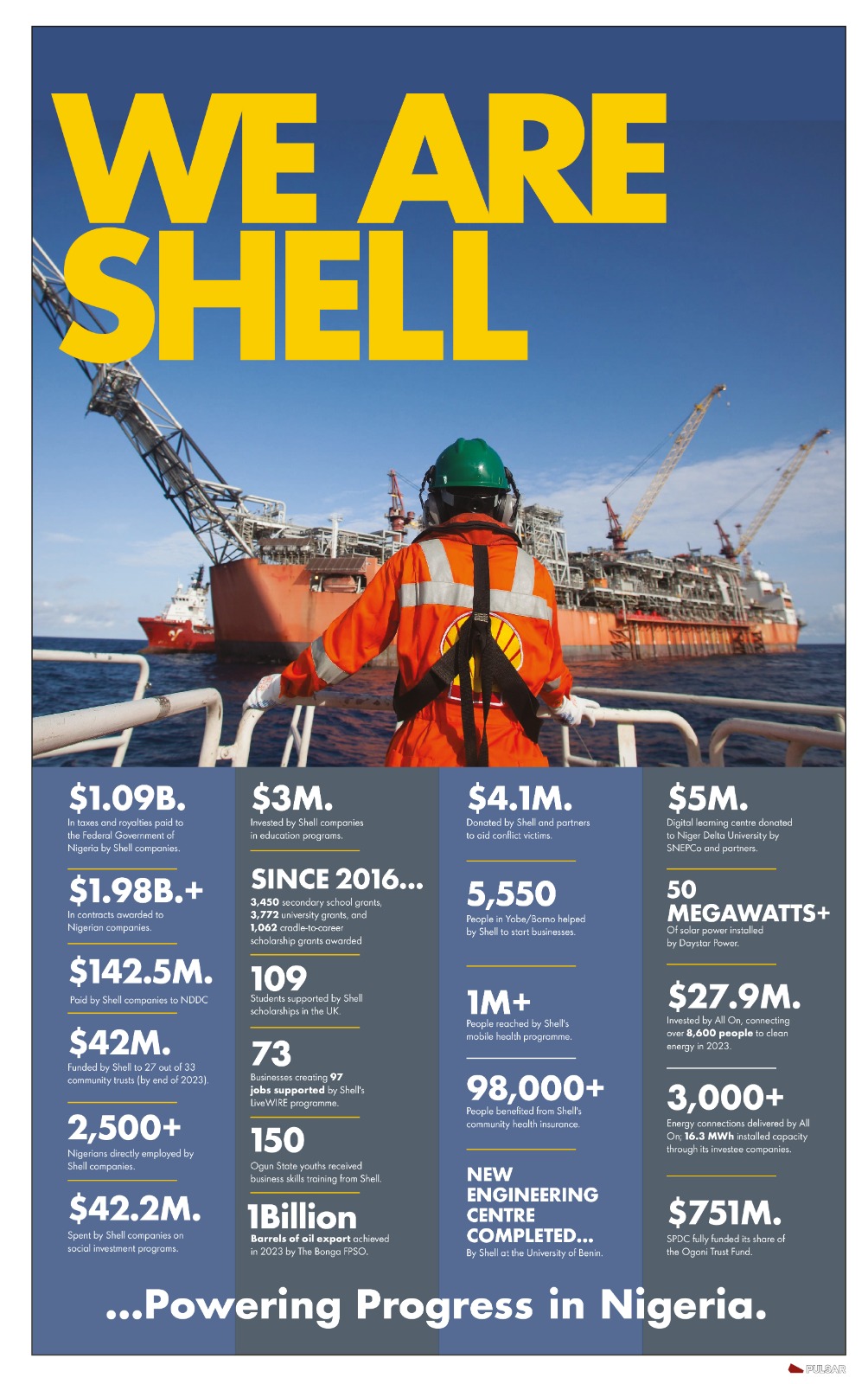
The creation of an enabling environment by the Federal Government for the establishment and expansion of Completely Knocked Down (CKD) and Semi Knocked Down (SKD) assembly plants in the country would go a long way to increase job opportunities for qualified personnel in the country.
The Nigeria Auto Manufacturers Association (NAMA), stated this recently in Lagos at the maiden edition of the Nigeria Auto Industry Summit (NAISU).
Mr. Ben Ejindu, a Council Member of NAMA, in his presentation at the summit, which was organised by the Nigeria Auto Journalists Association (NAJA) in conjunction with the National Automotive Design and Development Council (NADDC), also said that the availability of a large and trainable workforce would further support this potential and create a robust foundation for economic growth.
Ejindu declared that the country’s automotive industry holds significant potential to contribute to its economic development.
Ejindu explained that with strategic focus on employment generation, Gross Domestic Product (GDP) contribution, economic linkages, Small Medium Enterprises (SMEs) support, skills development, technology innovation, and industrialisation, the sector was poised to drive Nigeria’s economic progress.
He reiterated that the sector was a critical driver of employment generation in any country, including Nigeria.
According to him, the current statistics of $210 million and 0.04 per cent to the country’s GDP provided by NAMA, illustrated the sector’s economic impact with a huge potential to grow.
He said strategic investments in the industry could enhance its GDP contribution, fostering economic stability and growth.
He emphasised that the auto industry creates numerous opportunities for SMEs growth through the production of automotive components and parts.
He explained that investment in skills development and technology innovation was essential for the auto industry’s growth.
He said: “Reviving local manufacturing of tyres, batteries, glass, and other components can stimulate SME growth, leading to job creation and economic diversification.
“Training programmes and partnerships with educational institutions can equip the workforce with the necessary skills to thrive in a competitive market. Embracing technological advancements will enhance production efficiency and product quality.
“The auto industry plays a vital role in Nigeria’s industrialisation efforts. Attracting Foreign Direct Investment (FDI) from key auto brands such as Hyundai, Geely, and Yutong can bolster the sector’s development.
“These investments bring advanced technologies and best practices, driving industrial growth and economic progress.”
Ejindu also noted that Nigeria’s strategic position allowed the auto industry to tap into regional export potentials within West Africa and the African Continental Free Trade Area (AfCFTA).
He explained that with a potential market size of 1,150,000 vehicles per annum, the industry could cater to domestic demand, while also exploring export opportunities, boosting economic growth.
He pointed out that to unlock the full potential of Nigeria’s auto industry, several policy interventions and strategic initiatives were necessary, including implementing the Nigeria Automotive Industry Development Plan (NAIDP).
He stressed that fine-tuning it would provide a regulatory framework to support the industry’s growth; establish a masterplan for automotive raw materials development and component manufacturing would guide the sector’s strategic growth.
Others are aggressively incentivising CKD assembly through contract manufacturing and reviving tyre, battery and glass manufacturing as a precursor to revamping local production of various automotive components, fostering SME growth.
By focusing on employment generation, GDP contribution, economic linkages, SME support, skills development, technology innovation, industrialization, and strategic interventions, the sector could significantly impact Nigeria’s economy.








![Grow 10 Pounds Of Potatoes In Just 30 Days With Plastic Containers [Video]](https://naijatipsland.com/wp-content/uploads/2024/11/466928459_444053232089974_5323815438965424433_n-100x56.jpg)


